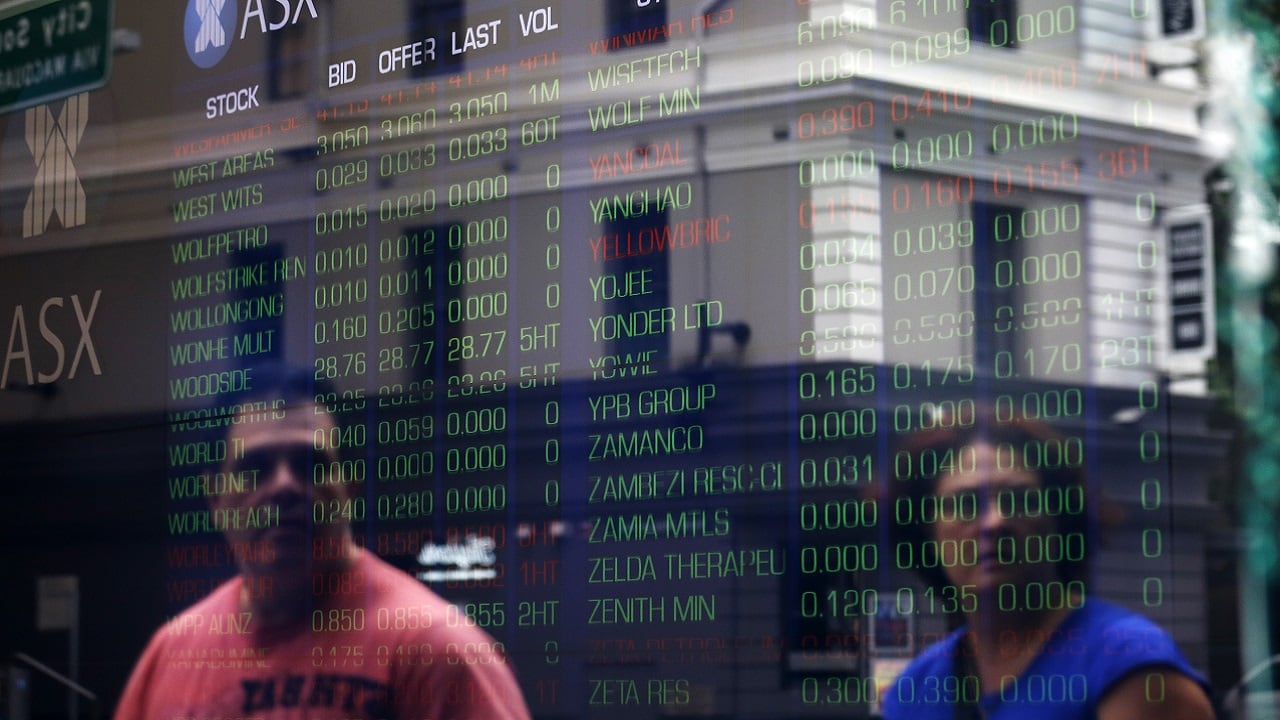
Asian shares climbed after President Donald Trump delayed tariffs on Mexico and Canada for a month, and said he’d hold further talks with China. Stocks in Australia and Japan gained, while contracts for Hong Kong stocks also looked up. US futures rose after the S&P 500 on Monday trimmed most of its slide that earlier approached 2%.
The reversal in sentiment came after Trump agreed to delay tariffs against Mexico following a conversation with his counterpart Claudia Sheinbaum. That spurred a quick turnaround in currencies with a gauge of the dollar falling from its strongest in more than two years and the yen paring its rally in a bid for safety. Canada’s loonie gained after Justin Trudeau said US tariffs would also be paused for now.

The US may speak with China over the next 24 hours. “The overnight pushing back of tariffs on Mexico serves as a reminder of the cycle we have entered: tariff announcements are followed by calls and negotiations, declarations of victory, and then the cycle begins anew,” wrote Tony Sycamore a market analyst at IG Australia Pty Ltd. in a note.
“Ultimately the path leads to higher tariffs, slower growth, higher inflation and less certainty for risk takers and equities.” The delay with Mexico and Canada bolsters the view that Trump sees tariffs as a negotiating ploy — but is still reluctant to inflict economic pain on Americans. His move to invoke an emergency and impose tariffs on the two nations and China is the most extensive act of protectionism taken by a US president in almost a century.
The focus now shifts to China. Trump said that his administration plans to speak with China, raising the possibility of a potential reprieve on a 10% tariff set to take effect in hours after he delayed levies on Canada and Mexico. China will be subject to 10% tariffs if no deal is reached by 12:01 a.
m. Tuesday New York time. The positioning in Chinese equity market and a lot of other Asian markets is “a lot lighter today compared to 2018 when we first had the US-China trade escalation,” said Kelvin Tay, a regional CIO at UBS Global Wealth Management, in a Bloomberg TV interview.
“I think this time around the markets are likely to be to be a little bit orderly and not a chaotic as before.” Among the biggest uncertainties is how a resilient US economy would handle the impact of a trade war, in case it materializes. That concern was evident in the bond market, where short-dated Treasury yields climbed as longer ones moved in the opposite direction.
“While we believe that tariffs are primarily a negotiating tool for President Trump, it’s very difficult to say whether these tariffs will be short-lived or if there is a scenario where a deal is struck that reduces the tariffs,” said Yung-Yu Ma at BMO Wealth Management. Federal Reserve Bank of Chicago President Austan Goolsbee said the central bank should proceed more cautiously in lowering borrowing costs amid mounting uncertainty introduced by the Trump administration. Others such as the Fed’s Raphael Bostic, Mary Daly, and Philip Jefferson are set to speak later today.
In other markets Tuesday, the dollar strengthened against every Group-of-10 peer. The yield on 10-year Treasuries ticked up to 4.56%.
West Texas Intermediate oil fell early in Tuesday’s session after its biggest advance in more than two weeks, while gold was little changed after reaching an intraday record on Monday..















